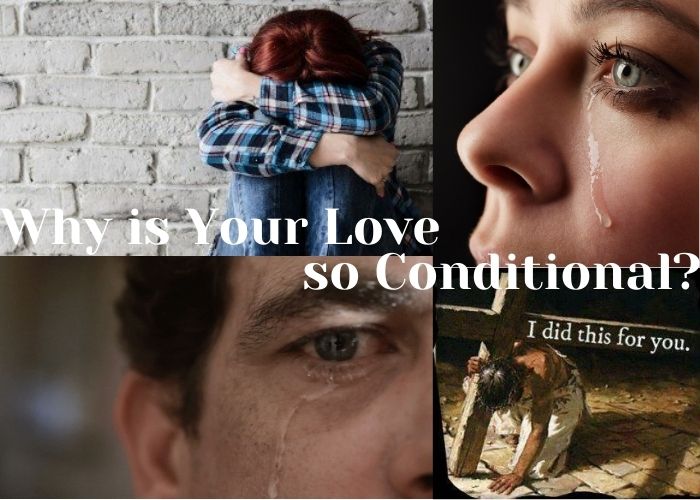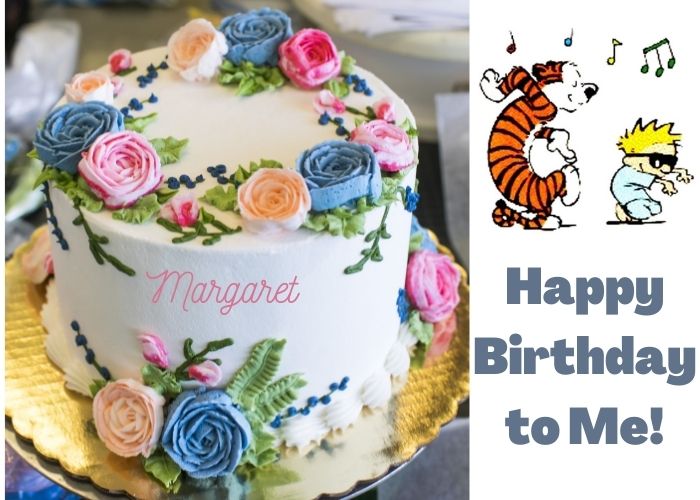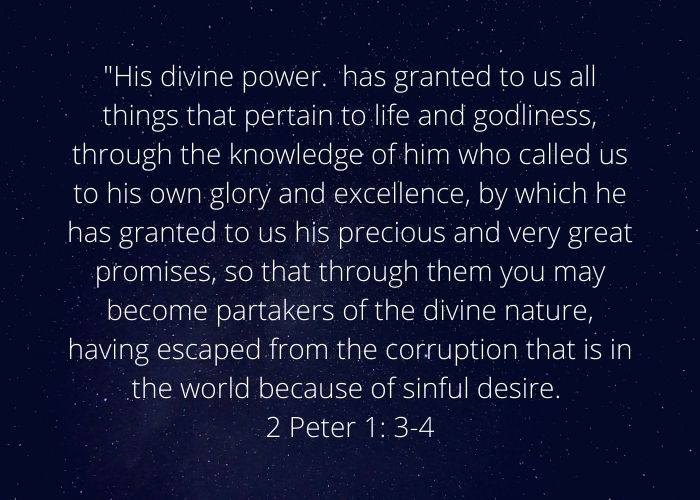
“As soon as we are fully conscious we discover loneliness.” – C.S. Lewis “The Four Loves”
When the phone rang, I was thrilled to hear from my friend. I had reached out to him several times since the onset of the virus last Spring and his voice warmed my heart. But his tone caused my heart to quake. He had called to take issue with some words I had written to my church family. He said, “I want to understand your point of view,” but his tone implied otherwise. What followed was an hour of concerted torture. It was both question and lecture session by he and his wife. I apologized for several misunderstandings they had about me due to him not knowing me as well as I thought he did. We also agreed to disagree on several topics. But the daggers were in my heart. Someone I admired and cherished had thrust unkind words at me and the wounds were deep.
I later asked a church elder, “What happens when you don’t agree ideologically with someone? “And how do we remain friends with someone for whom we have lost respect?”
He said, “You don’t.”
The message the church people sent was clear: I don’t know you well and I don’t care to know you well. I would rather misunderstand and lecture you. And either you do what I think is right or you are sinning.
I confided the situation to a friend and she said, “You need to acquiesce to the “weaker brother”. But I had trouble wrapping my mind around the “weaker brother” being a seminary graduate with decades of experience in the pulpit. Therefore, the problem must be me.
And so… I quit going to church. I quit online church. And while I had been regularly praying for my church family, I stopped that too. Sure, I would squeak out a few lines here and there, but for the most part I withdrew. I turned to online ministries and trusted relationships with other believers. I joined a ladies prayer group. I spent time mentoring with other women of the faith. And I waited. I waited for people at my church to reach out to me in concern. And sadly, they didn’t. And I began to see my church as a hollow shell for superficial people posing as Christians but not willing to do real relational work.
Love is intricately complex. We long to be loved but reject loving others by the same standard we hold them to. Christians are particularly guilty because we have a whole guidebook on how to love people well and still screw it up.
After a while, my pastor reached out and we had a productive conversation. I explained to him the problem of the lack of real relationships in the church. He told me I just needed to join a house group. Thus began the earnest campaign to get me to join a house group. Just what I needed. Another condition from the “church club”.
Meanwhile, the days have turned into months as I try to process my role in this situation. In the Spring, I fought hard to establish relationships. I wrote letters to people I didn’t know well. I made phone calls. The net result was one new friend. And she confided in me that I was the first person in decades to try to form a real relationship with her. Somehow, I don’t think this is the vision the Apostle Paul had for the church.
The world is littered with people who have been hurt by the church. We give up. We fade out. Is it because the church is a sham? Is it because church people are judgmental? I mean, why else do professing Christians treat each other so abominably?
Could it be because they too are sinners?
We have this idea that we get “saved” and stop sinning. After all, that’s why the world accuses us regularly of hypocrisy. But we forget what the bible says about sin.
“If we say we have no sin, we deceive ourselves, and the truth is not in us.” 1 John 1:8
“If we say we have not sinned, we make him a liar, and his word is not in us.” 1 John 1:10
Let me be clear, the book of 1 John makes me uncomfortable.
I like to sit down to read my bible and consider how “holy” I am and what a good little Christian girl I am. But that book won’t let me off the hook so easily. Chapter 2 begins, “My little children, I am writing these things to you so that you may not sin.” But I already know from the Apostle Paul that I cannot stop sinning.
Romans 7:15-19 says, “For I do not understand my own actions. For I do not do what I want, but I do the very thing I hate. Now if I do what I do not want, I agree with the law, that it is good. So now it is no longer I who do it, but sin that dwells within me. For I know that nothing good dwells in me, that is, in my flesh. For I do not do the good I want, but the evil I do not want is what I keep on doing. Now if I do what I do not want, it is no longer I who do it, but sin that dwells within me. So I find it to be a law that when I want to do right, evil lies close at hand.”
This makes it very difficult for me to sit back and point fingers at “church people” while resting on my “laurels of holiness.” Because the truth is, I’m just as much of a sinner as they are. And my love is just as conditional as theirs. Real love forgives. So, I have to ask myself, “Do I love (forgive) them or not?”
And finally I have come to the crux of what I want to say. The church people hurt my feelings but that in itself was not particularly sinful.
They wanted me to follow rules that I did not agree with. From my perspective, those rules have no basis in scripture, but are rather rooted in the cultural narratives at work in society today. And since we have failed to cultivate the muscle of respectful debate that is rooted and grounded in love, people (like me!) are leaving the church. They are hiding in their homes with hurt feelings. Because our “love” is conditional too. We don’t want to be friends with people who differ along ideological lines.
I want to be in the club where everyone agrees. I want everyone to agree on mask usage and social justice issues. I want people to stop saying hateful things to each other because they are more concerned about control than love. Whether we like it or not, truth has become relative. We have a million talking heads telling us what to think, do or say, and every one has a different life experience and perspective from which to arrive at their conclusion. Far too few are willing to sort out the issue and have a rational conversation that ends kindly and respectfully. Instead, we pop up with our thought or opinion, spout off at someone who thinks differently, and then crawl back in our hole. We are also proud and unwilling to acknowledge we could be wrong. This is a two way street. As Christians, we should form our relationships around the gospel message and then actually live it out.
I feel vulnerable writing all of this. I have been weeping this morning. I miss my church family. I miss the people I thought they were as much as they probably miss who they thought I was. Fear and doubt have come seeping in like a toxic poison. Because that’s what happens when illusions are shattered and things are said that can’t be unsaid. And the truth is, I’m a coward. I’m afraid to face them. And the enemy told me they don’t want me anymore and I’m inclined to believe him.
Maybe it’s time to build a bridge of love that is unconditional. You know, the kind Jesus came to earth to build between us and the Father. He sees all of our sin and loves us unconditionally.
“For while we were still weak, at the right time Christ died for the ungodly. For one will scarcely die for a righteous person–though perhaps for a good person one would dare even to die–but God shows his love for us in that while we were still sinners, Christ died for us.” Romans 5:5-7
This kind of irrational love should motivate us to set hurt feelings aside and press forward in love. And while much can be said about “maintaining healthy boundaries” and “loving the weaker brother” etc., the truth is, real love sacrifices self. Re-read 1 Corinthians 13 if you’re confused. And then ask the Holy Spirit to give you the courage to step forward in faith. I know I am.
And yes, it is messy. And uncomfortable. And terribly awkward.
But we have to do it anyway.





